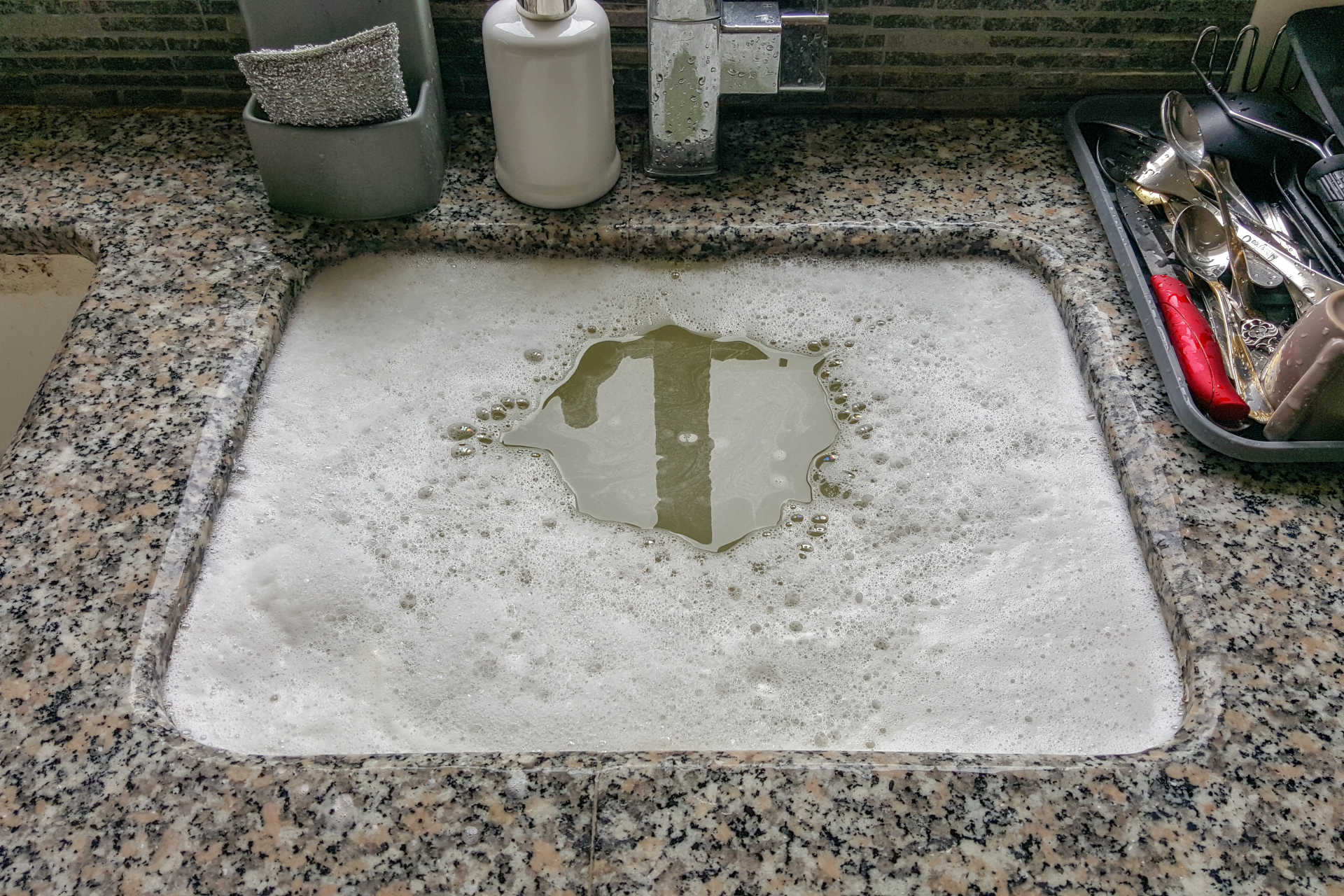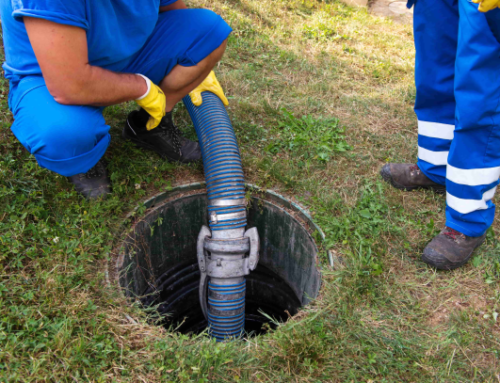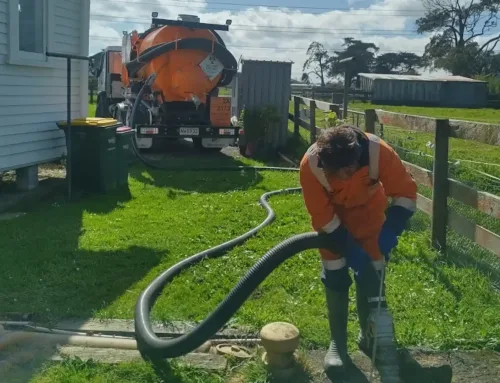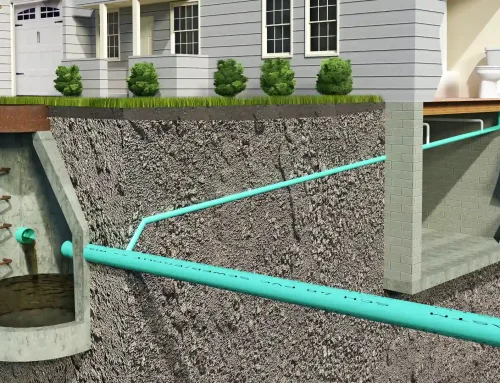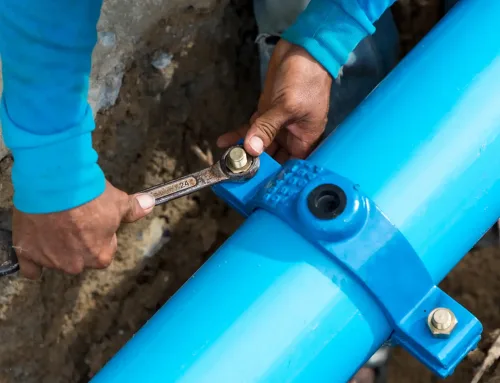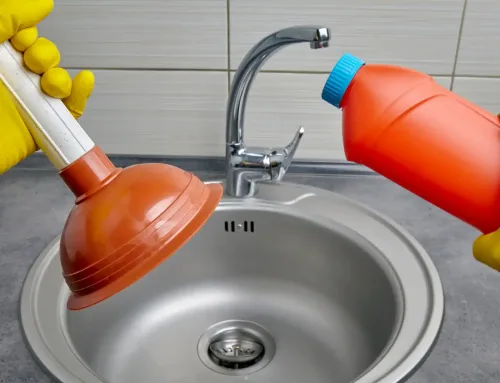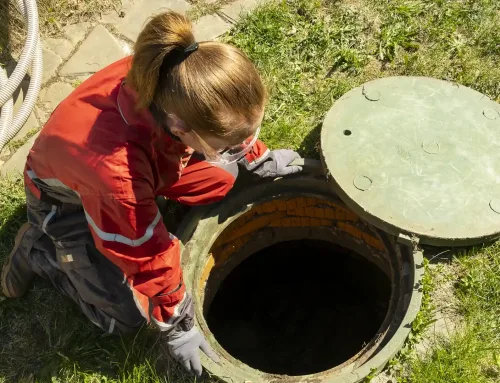How to Prevent Blocked Drains
We’ve all heard the phrase, “prevention is better than cure.” No truer words have ever been said about blocked drains. It is far better to avoid drain blockages than to find ways to clear them out, and the tips we have provided below will go a long way towards preventing this from happening.
If you follow these simple preventative tips to look after your drains, you will be better equipped to prevent blockages before they occur. Below, we’ll talk you through some of the main causes of blocked drains, and the steps you can take to keep your drains in good condition.
Sink Strainers & Drain Covers
Sink strainers are small metal, mesh, or silicone sieves that you can place over the plughole to protect your drains. These allow water to pass through but prevent larger items from entering the drainage system and blocking it up. They need to be removed and cleaned regularly to remain effective and come in a range of sizes to fit every sink.
If you are wondering how to prevent hair from blocking your shower and bath drains, we suggest drain covers. Hair is the main culprit in this instance as it binds together with the oils from soap and shampoo to create a blockage that water can’t shift. A drain cover will save you from the unsavoury job of drain unblocking, pulling hair out of the drain every time you take a shower!
Oil & Grease Are Your Enemies
Oil and grease are both enemies of your drains, and pouring them down your kitchen sink is the sure-fire way to get your drainage system clogged. While your drain is capable of handling liquids like water and milk, cooking oil and grease are another story. They tend to set within the pipes and create a solid blockage that can be very difficult to remove.
When other foods and soap debris get stuck behind the blockage, you will find yourself with an even bigger problem.
Be Careful What You Flush Down the Toilet
Your toilet drainage systems can handle most toilet paper, but flushing other products can risk a serious blockage. Items such as baby wipes and sanitary products are much thicker and do not break down in the same way toilet paper does. Choose a sanitary bin for everything but toilet paper.
Cleaning Systems For Blocked Drain Systems
As well as teaching your family what is safe and not safe to dispose of down drains, we have some simple regular cleaning procedures and some eco-friendly alternatives for you. Pour a jug of boiling water down your sink, followed by a cup of baking soda, a cup of vinegar and then another jug of hot water. This chemical-free drain cleaner is the answer to blocked sinks and showers. You should also buy an auger—a long, flexible, pipe boring tool—to break apart build-ups.
Try Using the Old-fashioned Plunger
An old-fashioned plunger can come in handy if you notice that your sink or bath water is draining very slowly. Just fill the sink with water and place the plunger over the drain. Plunge gently to flush water down the drains rapidly. The force of water can dislodge some blockages.
All of these preventative measures will prevent you from calling your plumber and/or drain layer, often at great expense.
Streamline, the Professional Drain Unblockers
Streamline Environmental & Drainage is a team of professional drain unblockers who have the tools to help you with any drainage problems. They have the experience and know-how to tackle both domestic and commercial drain unblocking.
Their team are ready and waiting for you today, and are available 24/7 for emergencies!
